It's one of the great parenting moments
you've been waiting for — and once you hear your baby's laugh for the first
time, you won't be able to get enough of the sound, whether it's a chortle,
chuckle or full-belly laugh.
Your baby has been experimenting with
sounds from her first month, cooing, gurgling and making throaty sighs.
Laughter is the next step in learning to communicate.
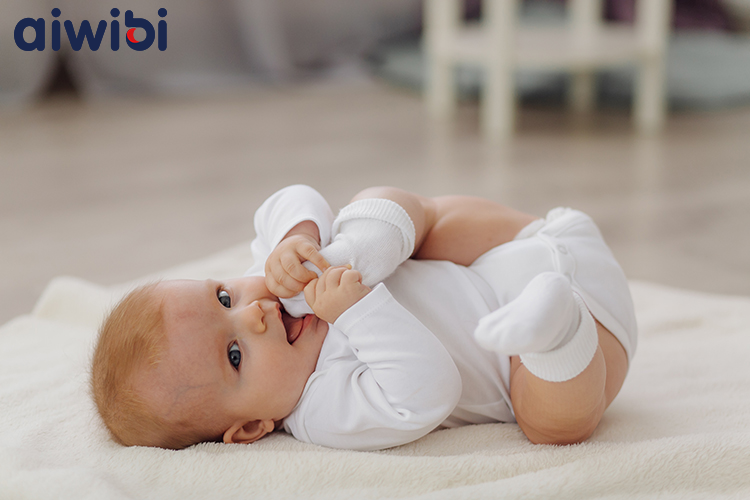
When do babies start laughing?
Many babies laugh out loud for the first
time when they're 3 or 4 months old, although others might take a little longer
to share their first chuckle.
Your baby's first laugh might be inspired
by something as simple as seeing a favorite toy, pet or person. While these
early laughs and giggles are delightful to hear, they're also rewarding for
your baby — she loves hearing her own voice and seeing how you react to the
sounds she makes.
Once she's discovered how to laugh, your
baby may laugh "just because" — laughing feels good, after all, and
it's such a fun new sound to make. Plus, with each coo and goo she's learning
and practicing how to move her mouth and tongue to produce different sound
effects.
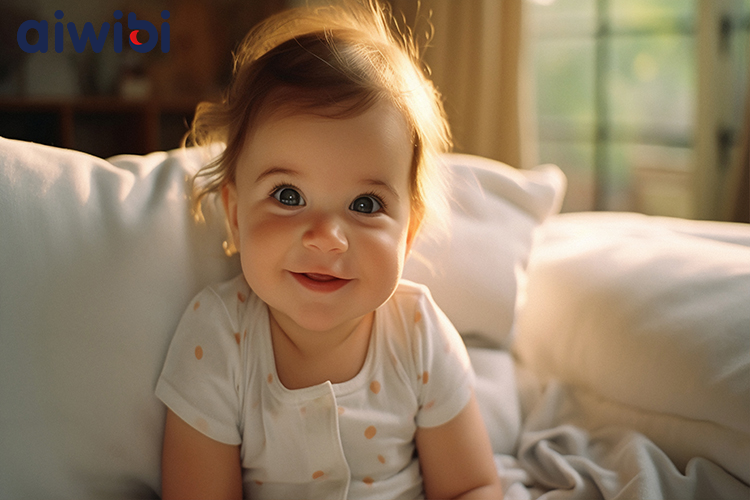
How to make your baby laugh
While baby may not have your sense of humor
just yet, she does pick up on your comical cues. When your sweetie sees you
smiling and laughing, she’s more likely to reciprocate, like:
·Making funny faces
·Dancing around with goofy moves
·Making silly sounds
·Singing songs
·Blowing raspberries on baby’s belly
·Gently bouncing baby on your knee
Continue to encourage giggles and coos by
talking with your baby often. It may feel silly to chatter away to someone
whose conversational skills are limited to a few vowel sounds and gurgles, but
this is how your baby begins to learn language and laughter. And by pausing in
your patter, you not only give her a chance to chime in and test her own voice,
you're also demonstrating how conversation works.
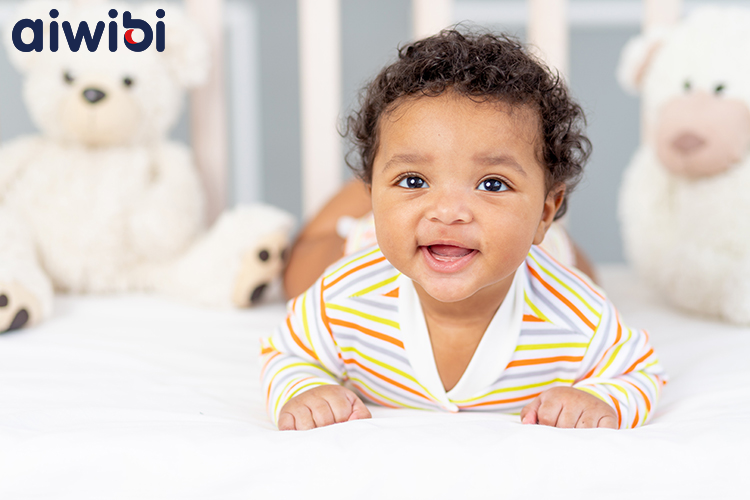
Why do babies laugh in their sleep?
It’s common for babies to laugh or smile while they sleep. And while no one knows for sure what your little one is dreaming about, she’s probably not remembering one of your silly faces — as nice as that would be.
More likely, your baby is entering what’s called an active sleep cycle. During this stage of sleep, babies can make involuntary movements, including smiles, chuckles and giggles.
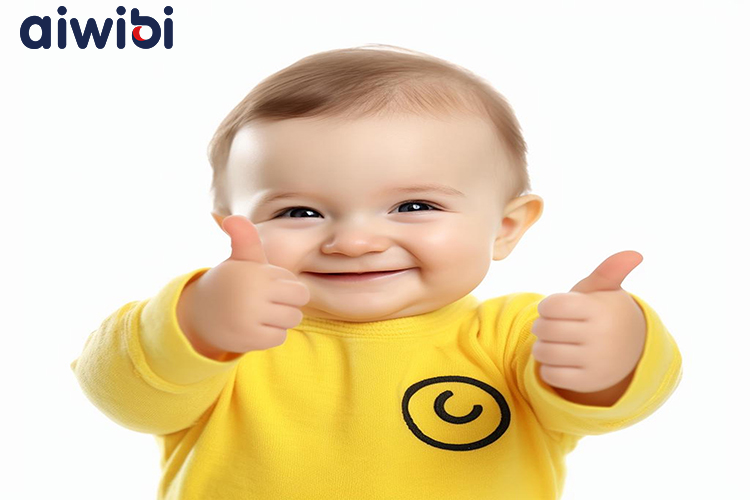
What not to worry about
Don't be surprised if your little one
remains straight-faced at first — newborns can be a tough crowd, especially
close to feedings or bedtime. Some of your early efforts to make your baby
laugh may produce more tears than chuckles if the timing's not right or she
feels overwhelmed.
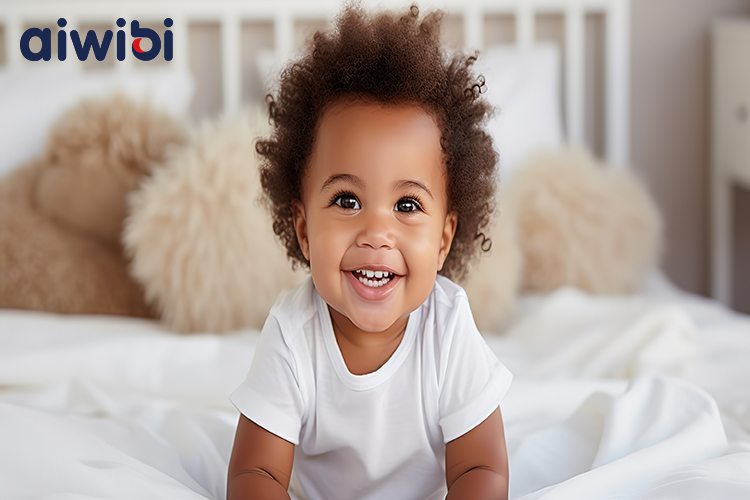
Remember: That first laugh is just one part of your baby's ongoing exploration of sound and vocalization. If your 3-month-old makes a lot of joyful noise — squealing, chirping, cooing, gurgling — without necessarily laughing, there's no need for concern. But if your baby is showing no signs of laughing by 6 months, bring it up with your pediatrician.
Laughing is an early step to socialization
and communication. And with a little time, your baby will be waving and
pointing, babbling and playing peekaboo before you know it.